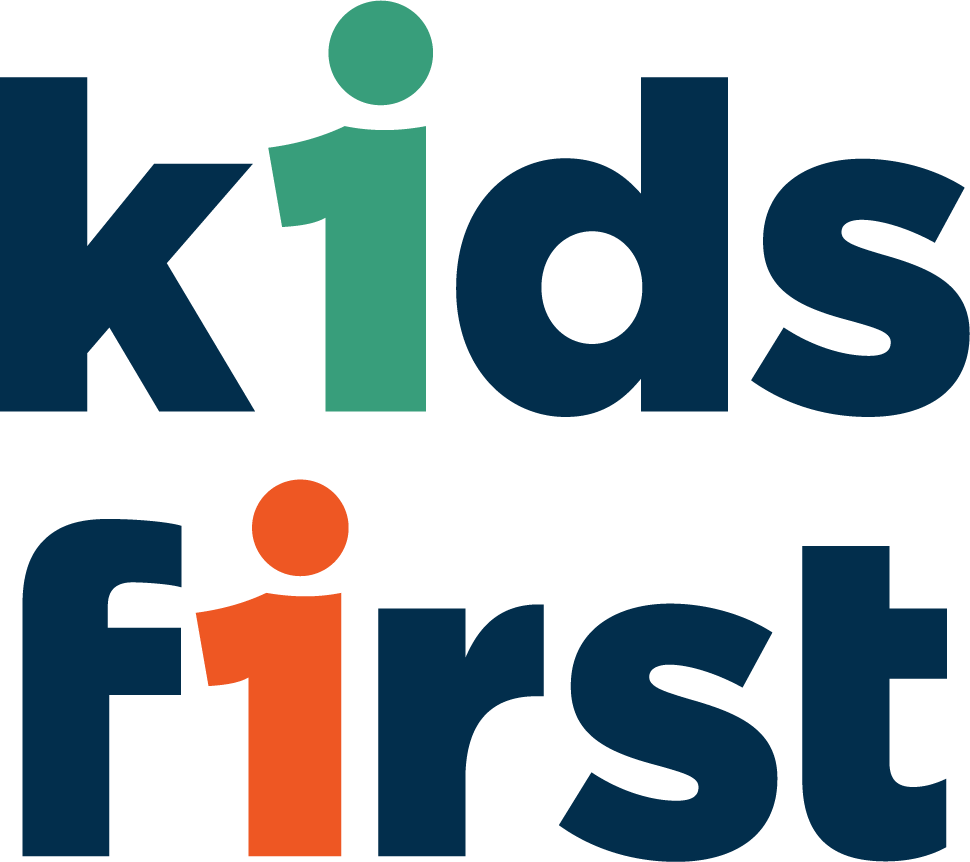Apply for Kinship Care in Texas
Apply for Kinship Care in Texas - Kids First, Inc.
Most people are familiar with the terms foster care and adoption. When a child is taken into care, he or she is placed with a foster family, a family who is willing to care for the child either temporarily or permanently. When a child is placed in a foster home, the foster family and the child usually meet for the first time and gradually learn more about one other. When a child is placed with a relative or family friend, it is known as kinship care.Early in the placement procedure, family members who are able and willing to take in their relative’s child or children are identified. Caseworkers begin asking for the names and phone numbers of family members and acquaintances who might be considered as a placement possibility as soon as the child is removed. For children who have been taken into care by child protective services, kinship placement is usually the best option.
How Does Kinship Care Work?
Kinship families, like foster parents, must go through a home evaluation to determine that the proposed home is safe and appropriate for the child’s age and requirements.There are numerous advantages to placing a child with a family member or friend. Imagine being a youngster forced to leave your home because of abuse or neglect, and having to enter the home of a stranger. Consider what that experience might be like if the youngster could spend some time with a grandparent or an aunt, both of whom provide a loving, safe, and familiar surroundings. In many cultures, relatives are expected to care for a family member’s child when the parents are unable or unwilling to do so.The benefit of working with a reputable foster/adoption agency is that kinship carers can access a variety of services, including financial support, to assist them on this journey.Kinship care is intended to give the child a sense of ongoing stability, while also building family relationships and reducing trauma. Children who are placed with a relative are also less likely to run away and have fewer behavioral issues, according to research. Who else would know their favorite meals, celebrate the same cultural holidays, and keep the child in contact with extended family, allowing the child to remain connected to relatives and friends?
Applying for Kinship Care in Texas
Are you interested in becoming a kinship caregiver? For more information about kinship care, please contact us at Kids First and sign up for the next foster parent orientation.


